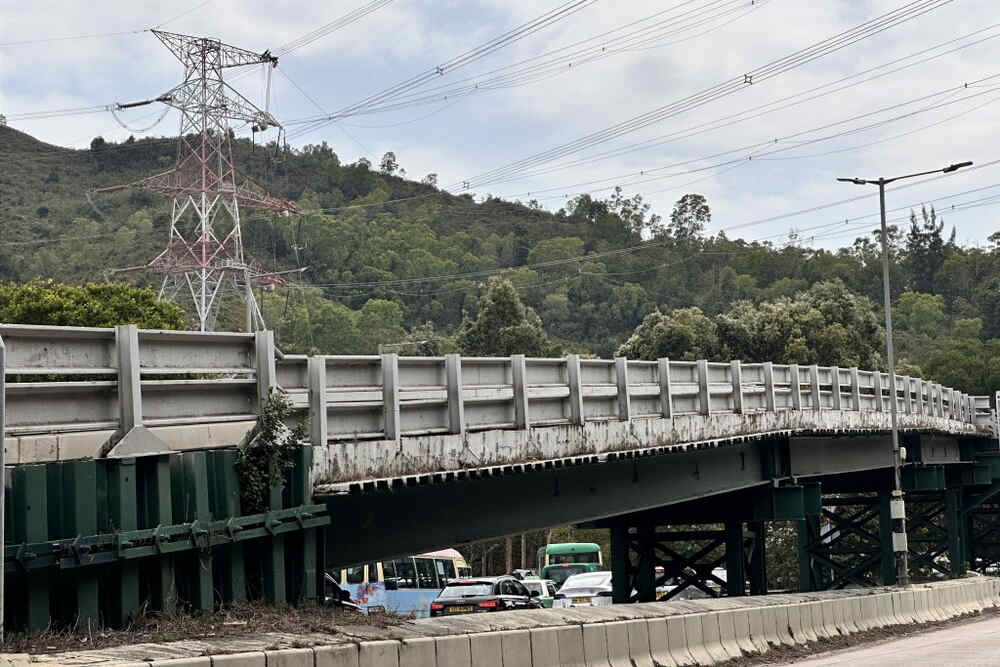
Ho Wing-yip, a veteran electrical and building services engineer, refuted using energy storage systems for residential use due to their low capacity and prohibitive cost on a radio program Monday.
Voltage sag accidents occurred in many districts in Hong Kong on early Sunday morning, affecting areas from Tsuen Wan to Tsz Wan Shan due to CLP’s 400,000-volt overhead power supply system connecting Yuen Long to Shenzhen experiencing a brief voltage drop.
He appeared in a radio program today, stating that the CLP’s mid-term measures include installing flood-prevention barriers and lighting rods, which should be fully installed during the early periods of the rainy season.
He also pointed out that Hong Kong has 70,000 lifts, and only around 10,000 have a voltage dip ride-through or automatic rescue device. He suggested that the Electrical and Mechanical Services Department (EMSD) make it mandatory for new lift installations to include these devices.
Regarding the suggestion of installing a power storage system to prevent similar situations, he said that it works like an uninterruptible power supply, which uses small devices to prevent specific systems from turning off due to a lack of power.
He stated that essential areas such as hospitals and server rooms already need to have them installed, but he said they had too little capacity and cost too much to make them worth it for residential areas.
On the same program, lawmaker Edward Lau Kwok-fan stated that it is unacceptable to see a consequential power failure in just June and is worried that the situation will worsen during the rainy season in July and August.
He suggested planning and installing the battery storage systems in more vital locations to prevent power failures during voltage sags.
He also said that many incidents this year did not interrupt the power supply, but voltage dips caused accidents such as stranding in lifts. He believed the government needed to conduct a comprehensive review in the long run.
